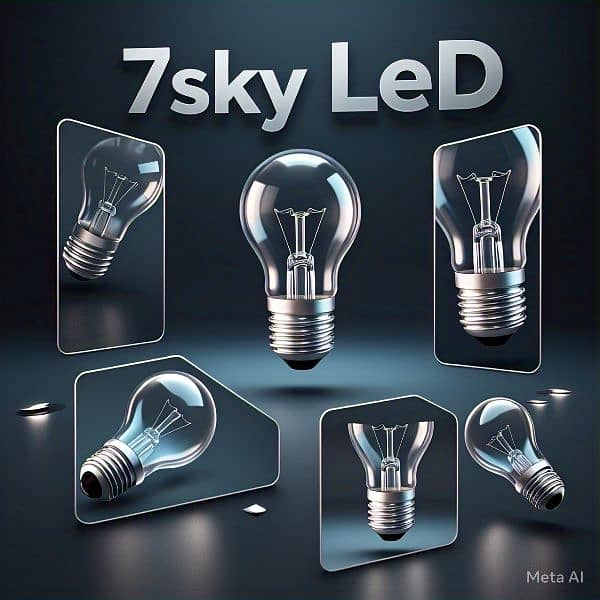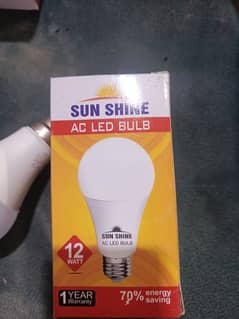1 / 1
Details
ConditionNew
Description
LED (Light Emitting Diode) is a type of semiconductor device that emits light when an electric current passes through it. LEDs are energy-efficient, durable, and environmentally friendly, making them a popular choice for various lighting applications.
Key characteristics of LEDs include:
- *Energy efficiency*: LEDs use significantly less energy than traditional incandescent bulbs
- *Long lifespan*: LEDs can last up to 50,000 hours or more, compared to 1,000-2,000 hours for incandescent bulbs
- *Durability*: LEDs are resistant to shock, vibration, and extreme temperatures
- *Environmentally friendly*: LEDs are free of toxic chemicals like mercury and lead, and are recyclable
- *Design flexibility*: LEDs come in a variety of colors, shapes, and sizes, making them suitable for various lighting designs and applications
Common uses of LEDs include:
- Residential and commercial lighting
- Automotive lighting
- Electronic devices and displays
- Stage and studio lighting
- Medical and industrial lighting
Overall, LEDs offer a reliable, efficient, and versatile lighting solution for a wide range of applications.
Related ads
Listed by private user
MT
Member since Dec 2021
See profile
Location
Pakistan
Ad id 1098231443
Report this ad

